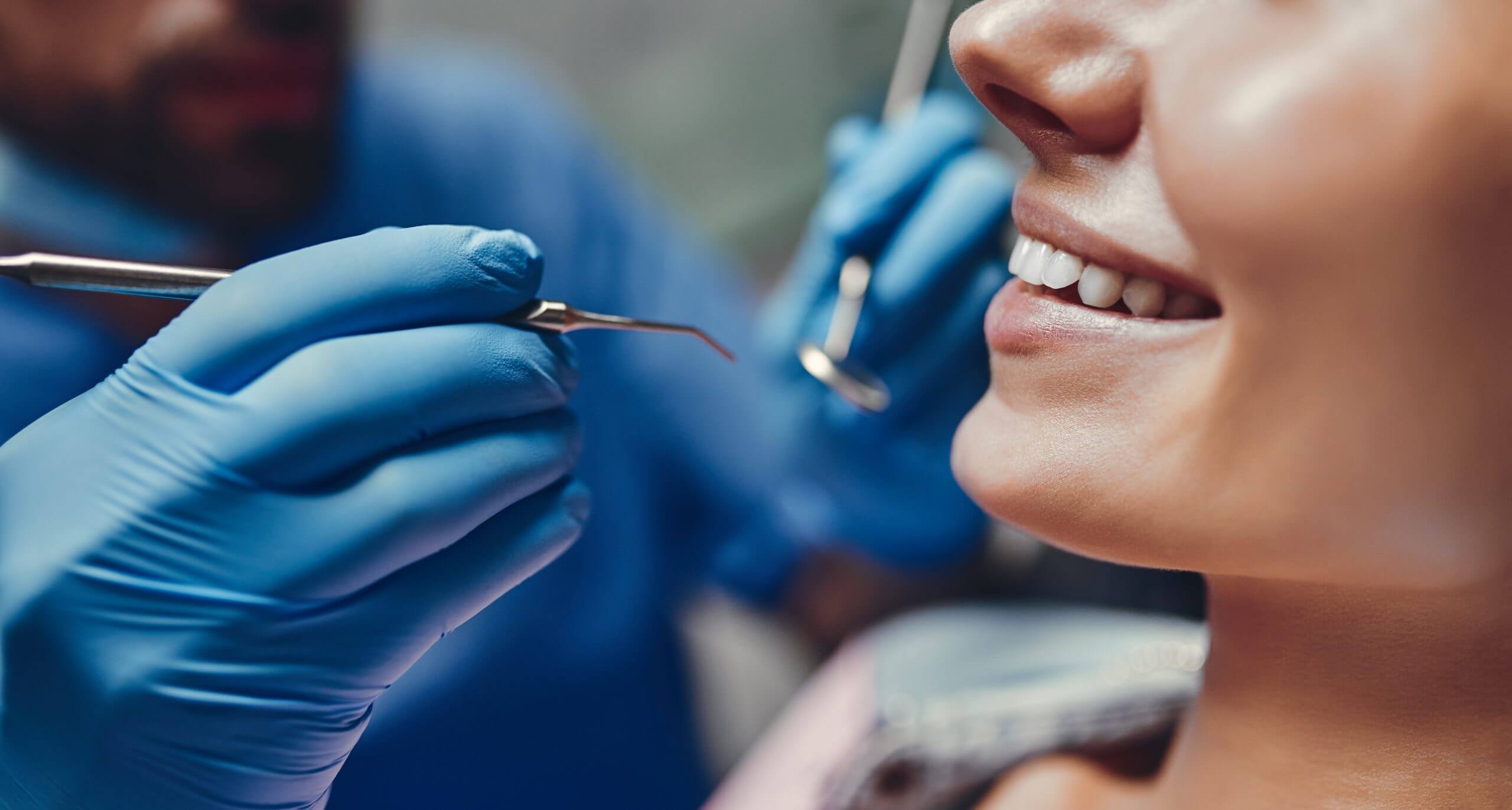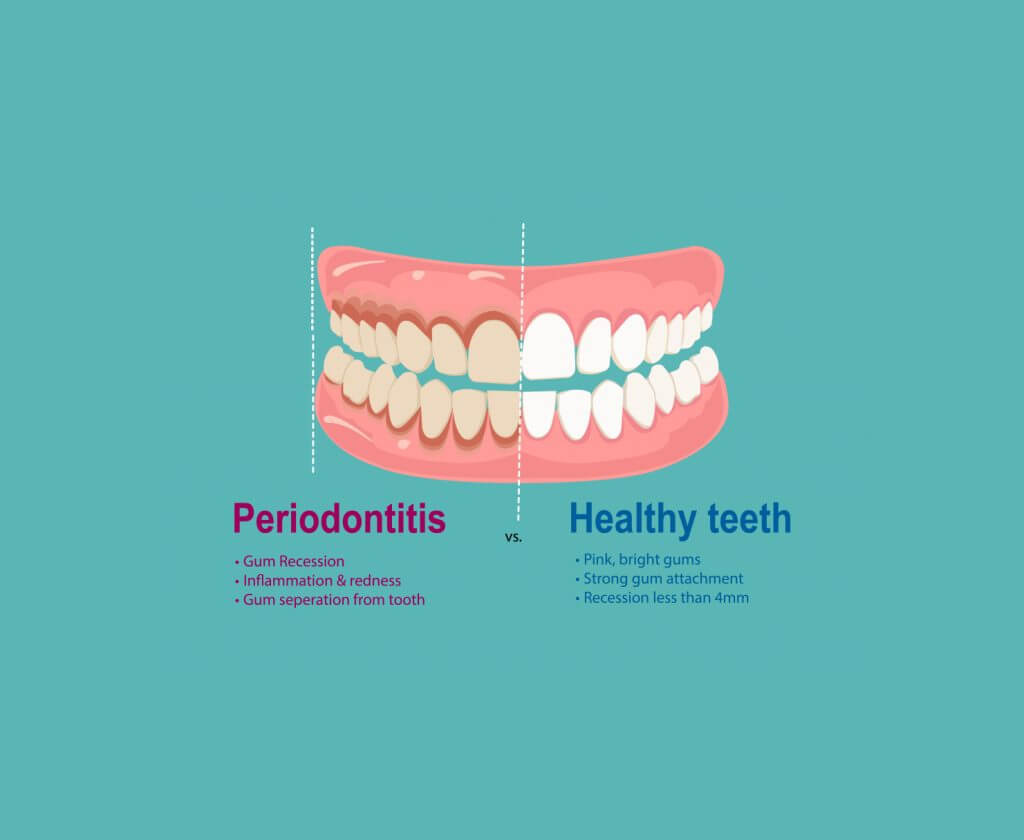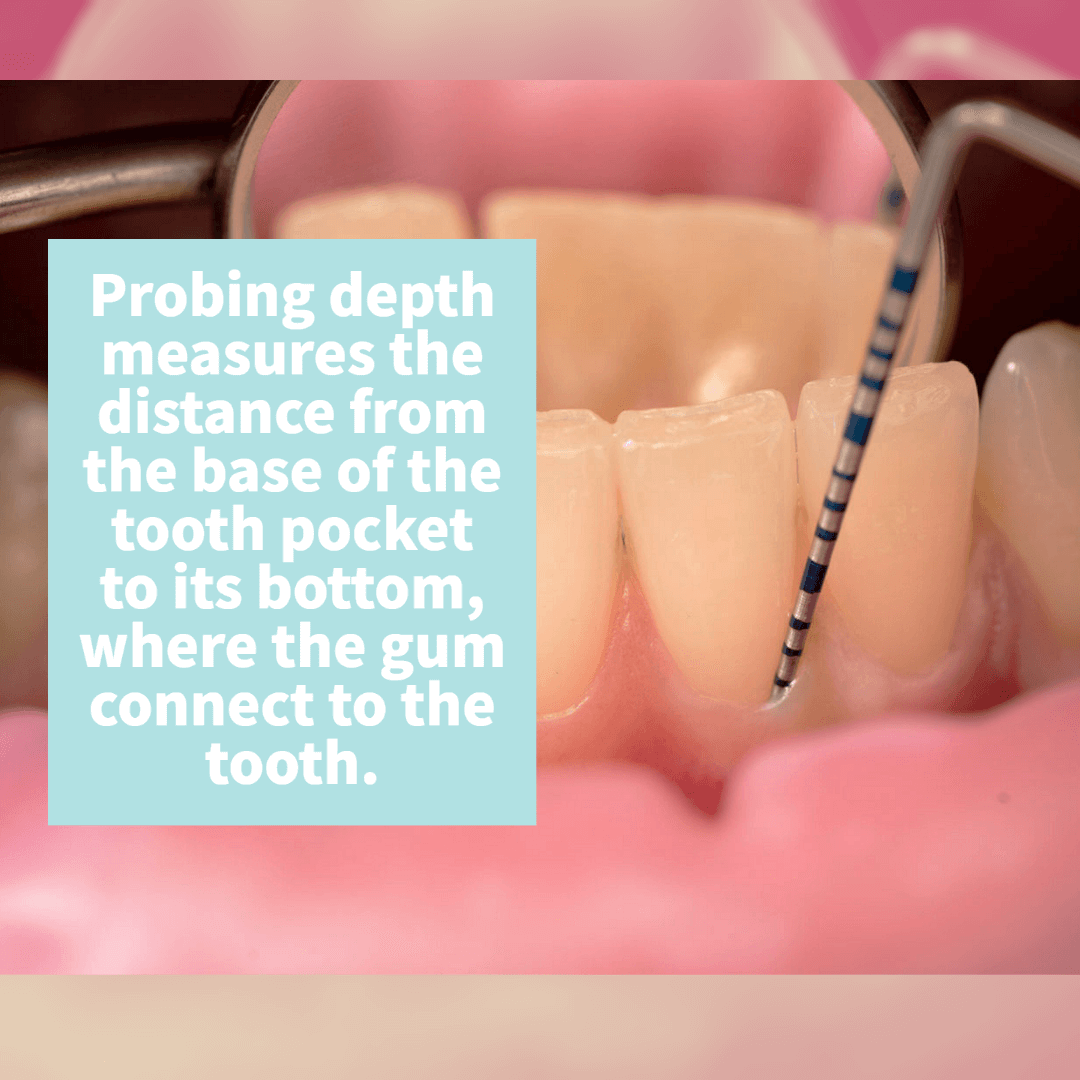
OR call (260) 482-3759

If someone is diagnosed with Periodontal Disease (Gum Disease) the dentist will require frequent Periodontal Maintenance visits. This is different from a regular cleaning but is still considered a preventative care measure. This treatment normally occurs after the patient has completed scaling and root planing, also known as a dental deep cleaning.
Periodontal disease cannot be reversed, but it can be maintained and improved. These maintenance cleanings are different from regular cleanings because the hygienist utilizes different instruments and scalers to get deep into the openings of the gums to remove plaque and tartar.

It’s important to note that someone with periodontal disease will never have regular teeth cleanings (prophylaxis) or routine cleanings after being diagnosed. For optimal health of the gum, teeth, and whole-body, routine cleanings are not sufficient.
Active periodontal disease is hard to control every six months and can increase the risk of unpleasant side effects without being on a proper treatment plan.
Periodontal maintenance for this active disease can help reduce chronic inflammation and control the infection within the gums. The most common time period between cleanings is three to four months.


When you have gum disease, there is severe inflammation in your gums and around your teeth. This can cause sensitivity, redness, soreness, pain, and infection within the gums. Maintaining healthy teeth and gums can prevent these side effects of periodontal disease.
Even in those without this disorder, plaque quickly returns after cleanings so it’s important to keep up on dental visits and follow the recommendations of the dentist. It is possible to improve the gum pockets and space between the teeth and gums with consistent cleanings.
A highly skilled dental hygienist, such as the ones at Hale Family Dentistry, use high tech tools to remove tartar and plaque from the teeth. Two of the most common tools to remove plaque buildup are Piezo and Cavitron.
The Piezo is a water scaler used at high-pressure to blast away the bacteria on the teeth and under the gums. A Cavitron is an ultrasonic scaler that uses sound-wave technology to get below the gum line to help remove buildup.
High-technology scalers are more effective for the removal of plaque and tartar than traditional scalers. They are also more efficient. Both Cavitron and Piezo are more time-efficient than hand scaling because they are electric powered and don’t get tired or weak fighting the plaque as a hygienist’s hands.
These dental instruments also reduce the amount of time you have to be in the dental chair, which is always a plus at the dentist’s office. They are able to penetrate deep into the openings of the gums to remove bacteria and plaque. This reduces the risk of gum infection and helps maintain healthy teeth and gums.

It is not unusual for the teeth to be more sensitive to hot or cold temperatures, and/or sweets. This occurs as the gum tissue heals and shrinks in size. Brushing two to three times daily with sensitive toothpaste or using fluoride rinses may help alleviate this over time. If sensitivity continues or is severe, professional application of a desensitizing agent may be required.
Consistent and thorough daily oral hygiene is essential to the proper healing of your gum tissues. Brushing, flossing, and rinsing with recommended products are critical. Dr. Jonathan Hale will usually prescribe a prescription mouth rinse with Chlorohexidine.
If a localized antibiotic (Arestin) was placed, please follow all additional instructions given to you at your appointment.
Many women experience gum disease or gingivitis during pregnancy. This is because of the hormonal changes that occur during pregnancy. Pregnancy can also make women more susceptible to periodontal disease. The earlier in your pregnancy that you are diagnosed with gum disease, the greater the chance for problems later on. It’s important as a pregnant person to visit the dentist regularly due to this phenomenon.
The specific disorder of gum disease during pregnancy is called hyperplasia and usually peaks in the third trimester. After birth, the inflammation should settle and return to normal. During pregnancy, it’s very important to stay up on dental hygiene whether you have periodontal disease or not. If you are at risk for gum disease, you could be more susceptible to getting hyperplasia.


Managing your Periodontitis at Hale Family Dentistry can be done with routine periodontal maintenance. Overall, your oral health will see great improvement with continuing care from our office. Whether you are suffering from tooth loss, need a new periodontal dentist, or seeking help for dental cleanings, our office can help. Schedule an appointment today!
A periodontist is a doctor who is specialized in treating periodontal disease (aka gum disease). This specialist can perform periodontal surgery and sometimes even dental implants. They can see patients referred to them by general dentists for a short-term or a long-term period. Many periodontists see patients routinely or part-time in conjunction with their regular dentist to maintain their periodontitis treatments such as Perio Maintenance.
Each case is unique. Some general dentists or family dentists do not manage treatment for their patients who have gum disease and refer out to a specialist.
Dr. Jonathan Hale often treats periodontal scaling and root planing within the offices of Hale Family Dentistry, along with routine care such as periodontal cleanings. With the help of a Periodontist, Dr. Hale can refer patients to local Fort Wayne practices for surgery or more severe cases.
A dentist may diagnose you with Gingivitis or Periodontitis based on the measurement of space between the tooth and the gums. For measurements that are 4mm or above, gum disease is present. Due to this space (called a pocket), caused by your body’s response to poor dental hygiene, plaque and tartar have accumulated under the gum’s surface.
It’s necessary to begin a periodontal therapy program that consists of deep cleanings every three or four months. At the dentist’s recommendation, your dentist will take into consideration the current state of your oral health and dental hygiene habits.
Deep cleanings, also knowns as Scaling and Root Planing (SRPs), typically require two appointments of about 1.5 hours and the dentist or hygienist will administer topical anesthesia then one or two shots to get the patient fully numb prior to treatment.